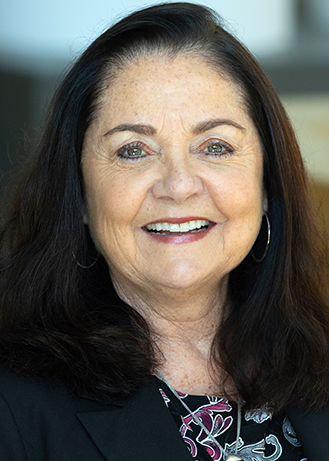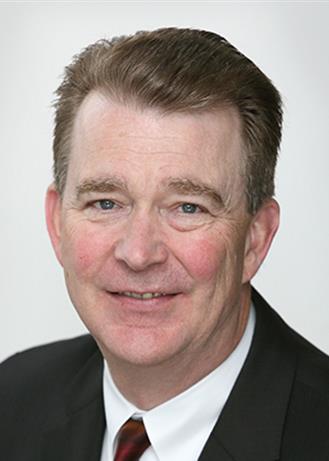Not All Fiduciaries are the Same
by Murray Coleman - Friday, 21 June, 2024
Fiduciary: one often in a position of authority who obligates himself or herself to act on behalf of another and assumes a duty to act in good faith and with care, candor, and loyalty in fulfilling the obligation.
— As defined by Merriam-Webster
Not all fiduciaries are the same. The legal framework for advising retirement plan sponsors actually opens up two different ways to divvy up those investment responsibilities, warn 401(k) advisors.
 "Those running retirement plans don't always realize that not all fiduciaries are equal," says Shareen Balkey, director of retirement services at Index Fund Advisors.
"Those running retirement plans don't always realize that not all fiduciaries are equal," says Shareen Balkey, director of retirement services at Index Fund Advisors.
Acting as a fiduciary is an important role for both plan participants and sponsors to recognize, she notes. "The Department of Labor isn't very sympathetic to employers who don't understand their plan provisions and what is required under the law governing retirement plans," Balkey says.
The decades-long veteran of working for retirement plan providers joined IFA in 2017. Set up as an independent registered investment advisor, the firm works with more than 60 different 401(k), 403(b) and defined benefit plans.
IFA's operating structure is focused on acting as a 3(38) investment fiduciary to retirement plan sponsors, Balkey says. What she's referring to is a section of the Employee Retirement Income Security Act of 1974, which sets minimum standards for protecting employees taking part in workplace retirement plans.
Advisors who designate themselves as ERISA 3(38) professionals working with trustees are able to handle discretionary investment decisions for retirement plan committees and plan administrators.
That's an important responsibility to take into account, according to Balkey, since it essentially means that plan sponsors can "offload" and "reduce" investment fiduciary risk for picking and monitoring funds.
"As a 3(38) investment fiduciary, IFA assumes the role of making proper investment choices that are truly in the best interests of those overseeing retirement plans and their participants," she says.
But plan sponsors are still required by law to act as fiduciaries for investors in terms of monitoring 3(38) advisors like those working at IFA.
"Plan trustees and administrators need to be aware that working with an advisor who has discretionary responsibilities over a plan's investments doesn't mean they can delegate oversight of daily plan administration to the 3(38) advisor," Balkey says.
The other way advisors can choose to work with corporate retirement plans is under ERISA section 3(21). In these cases, investment consultants act as a sort of co-fiduciary, where they don't have discretion to make direct fund and investing decisions.
"It's like the difference between actually driving the car and being someone in the passenger's seat providing guidance," Balkey says.
 Considering whether someone is registered as a 3(38) advisor or not is a good initial step to take, agrees IFA President Wes Long. At the same time, he suggests that plan sponsors need to understand if advisors have any proprietary products to sell.
Considering whether someone is registered as a 3(38) advisor or not is a good initial step to take, agrees IFA President Wes Long. At the same time, he suggests that plan sponsors need to understand if advisors have any proprietary products to sell.
For 25 years, Long worked at large national broker-dealers. Now, he works at an independent wealth management firm that promotes a transparent and passive investment process — one that IFA's advisors point out allows them to truly work in their clients' best interests.
"A true fiduciary only accepts compensation from the client — not from any third-party source," Long says. "As a result, there aren't any conflicts of interest in terms of how our advisors are getting paid for their services."
This is not to be construed as an offer, solicitation, recommendation, or endorsement of any particular security, product or service. There is no guarantee investment strategies will be successful. Investing involves risks, including possible loss of principal. IFA Index Portfolios are recommended based on time horizon and risk tolerance. For more information about Index Fund Advisors, Inc., please review our brochure at https://www.adviserinfo.sec.gov/ or visit www.ifa.com.